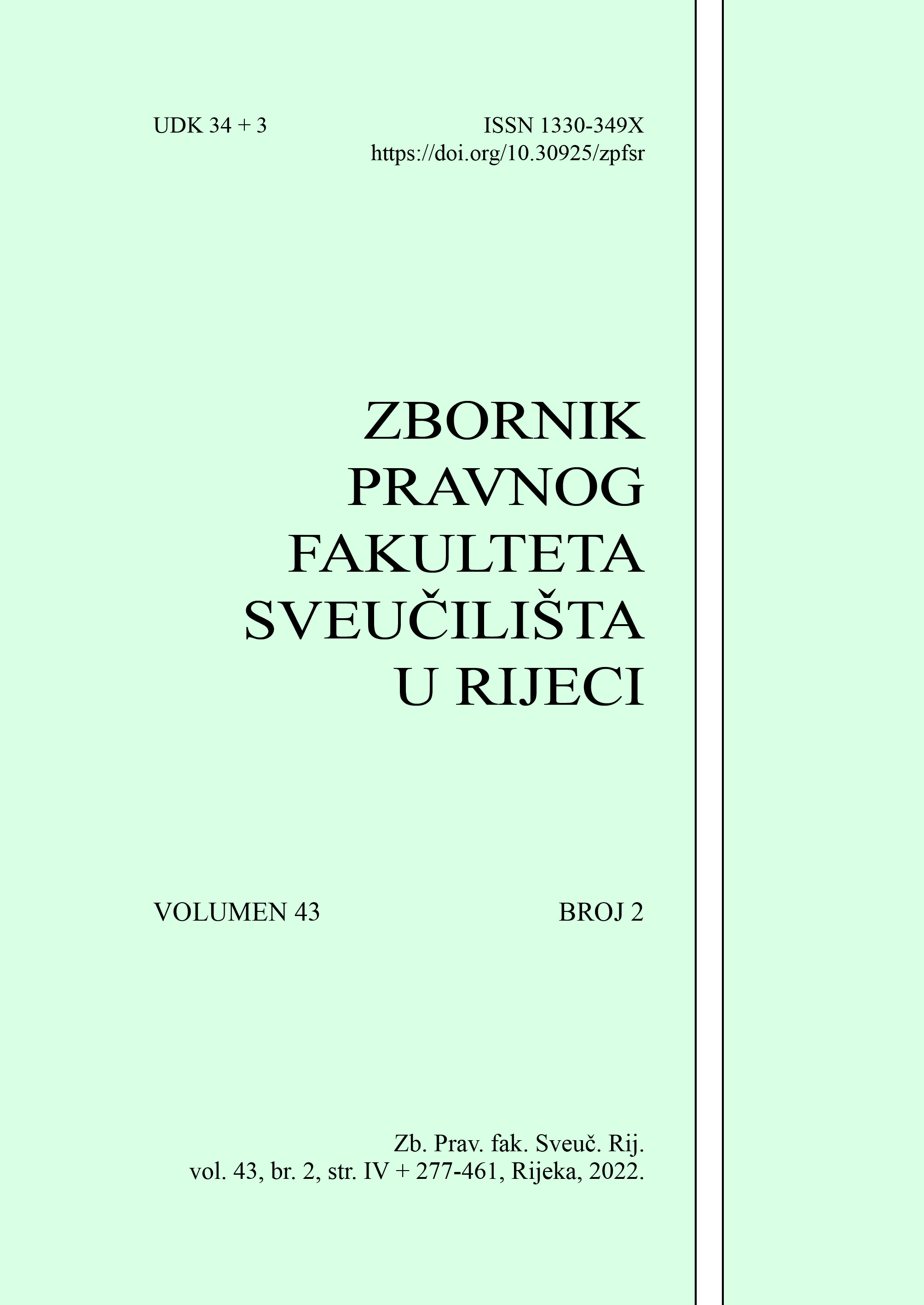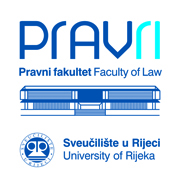VIOLENCE AGAINST CHILDREN IN FAMILY SETTINGS DURING THE COVID-19 OUTBREAK IN CROATIA
LESSONS LEARNED FROM THE (IN)VISIBLE PANDEMIC
DOI:
https://doi.org/10.30925/zpfsr.43.2.2Ključne riječi:
nasilje, djeca, COVID-19, fenomenološko kretanje, etiološki uzroci, empirijsko istraživanjeSažetak
In recent times, humanity has experienced the devastating effects of the
COVID-19 crisis, which has caused sharp ruptures in different spheres of social
life. Detrimental effects of the almost unprecedented crisis have triggered an
avalanche of research to explore the phenomenon in focus while conducting
scientific investigation that matters. Despite the rapid influx of scholarly articles,
recent literature has shown that there is still a remarkable lack of scholarly
attention on disasters and their impact on children. While trying to contribute to
and address the noted research gap, to the best of the author’s knowledge, this
is the first study that explores pathways to violence against children in the time
of the COVID-19 pandemic in Croatia with a focus on the national lockdown.
The sample consisted of 63 randomly selected police files involving 65 suspects
of criminal offences with elements of violence against 108 closely related
children at the five police departments centred in Pula, Rijeka, Zagreb, Split and
Osijek. In order to “capture” the violence that emerged during the lockdown
and was reported after restrictive measures were lifted, a seven-month time
frame (March–September, 2020) was implemented as an additional sampling
parameter. The study has revealed that most children repeatedly experience
multiple forms of violence within the family that are damaging to their health
and wellbeing. Infringement of child’s rights was the most prevalent principal
offence allegedly committed to the detriment of both boys and girls who were
mostly primary-schoolers. Similarly, consistent with previous findings, the study
demonstrated that in most cases, alleged abusers are first-time suspected fathers
in their 30s with high school education and average financial assets. This calls
for future research and the implementation of effective preventive measures to
improve family resilience in the face of disasters yet to come.
##submission.additionalFiles##
Objavljeno
Verzije
- 2023-12-20 (2)
- 2022-06-30 (1)
Kako citirati
Broj časopisa
Rubrika
Autorska prava
Copyright (c) 2022 Dalida Rittossa

Ovaj rad licenciran je pod Creative Commons Attribution-NonCommercial 4.0 International License.
Zbornik Pravnog fakulteta Sveučilišta u Rijeci časopis je u otvorenom pristupu i licenciran je u skladu s Creative Commons Attribution-NonCommercial 4.0 licencom. Sadržaj časopisa u cijelosti je besplatno dostupan. Korisnici smiju čitati, preuzimati, kopirati, distribuirati, tiskati, pretraživati ili stavljati poveznice na materijal te mijenjati, preoblikovati i prerađivati materijal ili ga koristiti na druge zakonite načine, sve dok odgovarajuće citiraju izvornik.
Radove objavljene u časopisu Zbornik Pravnog fakulteta Sveučilišta u Rijeci dopušteno je pohranjivati u institucijske i tematske repozitorije uz osiguravanje poveznica na mrežne stranice časopisa i Hrčka.
Nakon prihvaćanja kategoriziranog rukopisa za objavu u Zborniku, autor smije objaviti isti rukopis u drugom časopisu samo uz suglasnost Uredništva (sekundarna objava). Pri ponovnoj objavi članka, članak mora sadržavati podatak o tome gdje je članak prvi put objavljen.



